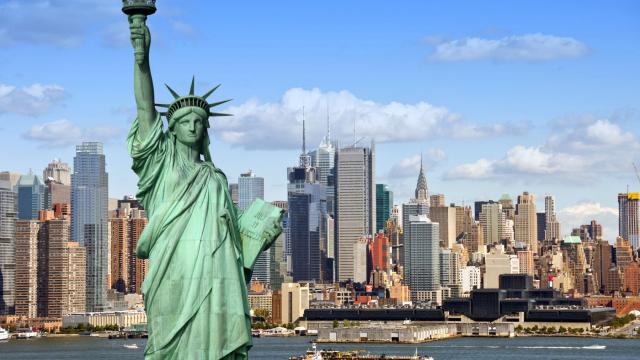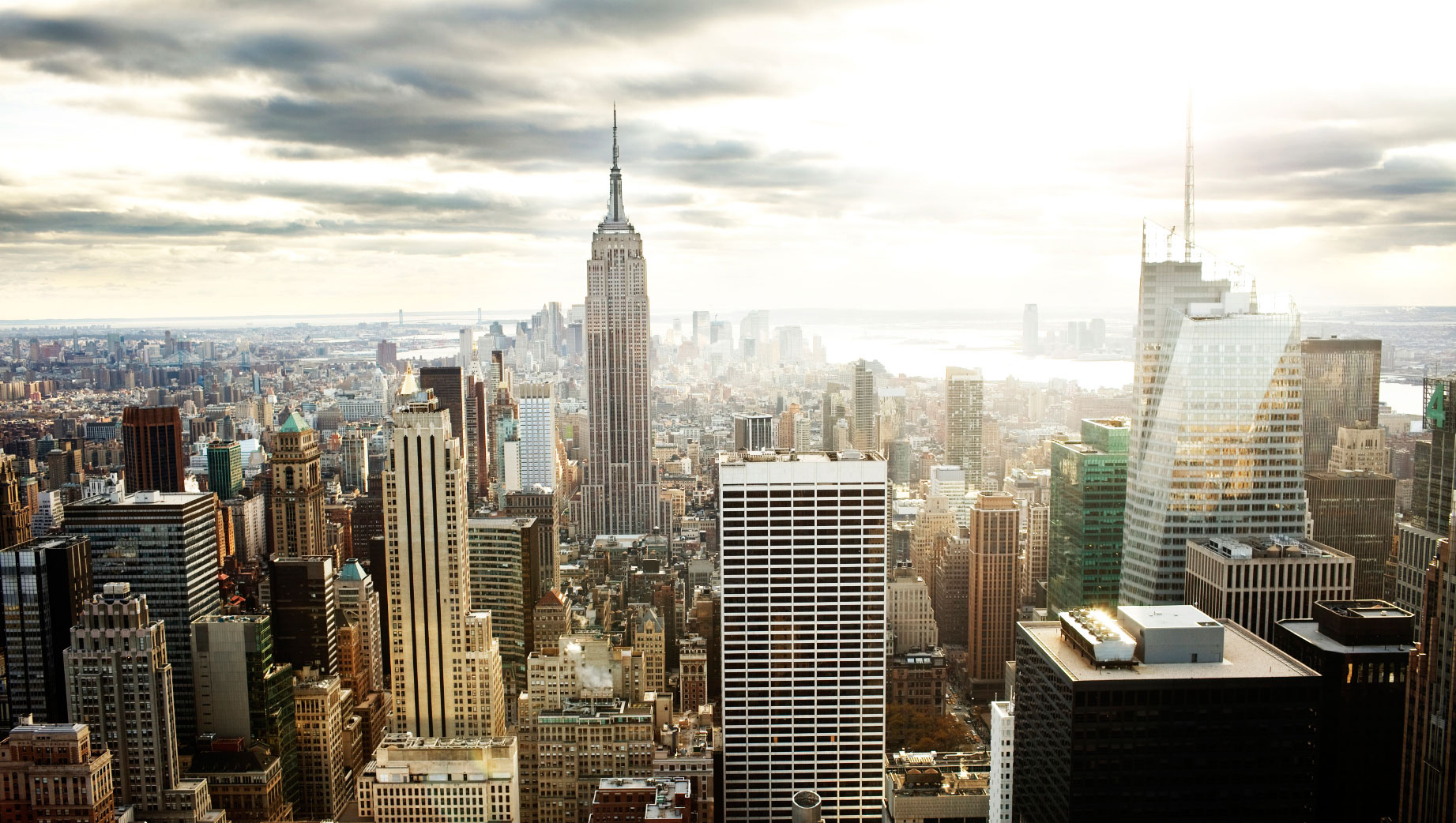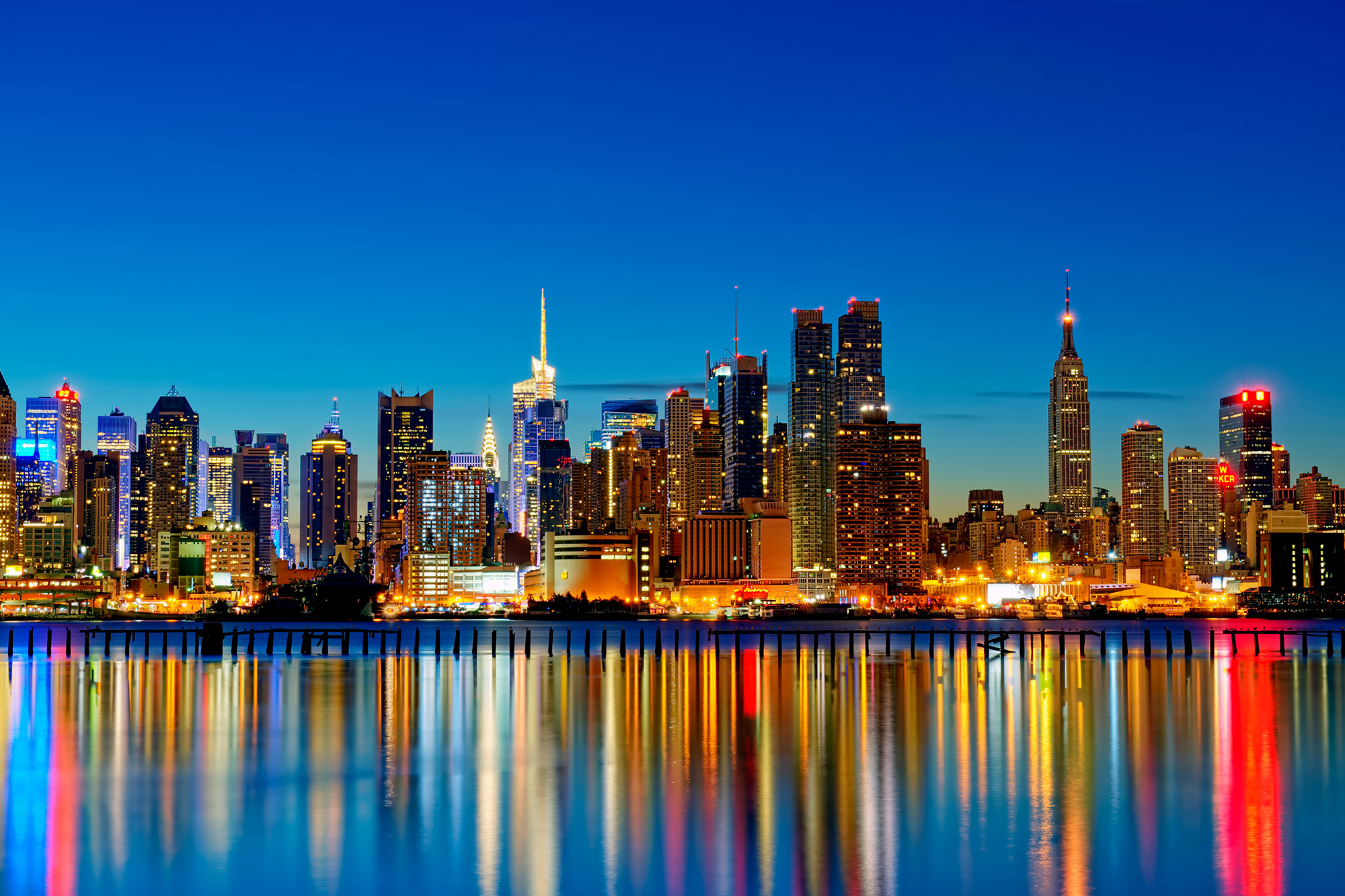
Perhaps you will be pleased to know that the number of New York City households reporting incomes of more than $1 million has climbed by 47 percent, from 14,795 in 2009 to 21,764 in 2013.
Or maybe you do not see this as good news.
Whatever problems are associated with having too much money, a vast majority of New Yorkers do not have them: 87 percent of the city’s households reported wages under $100,000 in 2013, according to tax data released on Tuesdayby the city’s Independent Budget Office.
The average household had wage income of $51,876. Half the city’s 3.6 million households reported wages at or under the city median of $24,239. A long, luxe ladder away, 1,315 households reported incomes of $10 million or more.
Absorbing as they are, these data threaten to become a kind of money porn, with familiar positions and outcomes. That risks numbing us to a powerful revelation:
A select group of New York households reported “negative income” and paid no city income taxes, even though they took in $1.8 billion in capital gains, dividends, interest and wages: 54,348 households reported income below zero. The most benign explanation is that a shopkeeper, restaurant owner or manufacturer had a bad year, and the business losses wiped out any taxable income for the household.
That might apply to some but certainly not all of the 54,348, said Doug Turetsky, the chief of staff for the budget office. The data showed that “as a group they’ve got a lot of capital gain,” he said. “And a substantial amount of interest and dividend income. Taken together, this suggests that as a group this is not a bunch of struggling small-business owners.”
Who are they?
“They’re some folks who know how to find and use tax shelters to generate paper losses,” Mr. Turetsky said.
For example, a piece of property could appreciate in value over many years, but along the way, generate losses that would wipe out income from other sources. Hypothetically speaking, a real estate developer running for public office might be pressured into releasing income tax returns, with the potential embarrassment of having paid relatively little income tax. Or of even showing “negative” income.
James Parrott, the chief economist of the Fiscal Policy Institute, a think tank in New York, said that the thousands of households in New York that reported negative income managed to have both significant capital gains — money that could be used to handsomely support household activities — and business losses that would require no taxes be paid on the gains.
“Now, what kind of households do you think would have such income and such losses?” Mr. Parrott said. “My guess is that there are a lot of real estate losses there that will result, at some point, in some nice appreciation. In the meantime, all that other income is tax-free.”
These benefits are built into the city and state tax codes.
“Nothing illegal there, just the way our tax laws work,” Mr. Parrott said. “But then we know they tend to favor the well heeled, and well, here they are — or, at least, 50,000 of them.”
Those shelters, and others, also work to reduce tax liabilities for high earners.
One form of income for hedge fund managers, called “carried interest,” is not taxed at all by the city. In “Budget Options for New York City,” a document whose prosaic title camouflages its value, the Independent Budget Office discussed the arguments for and against reclassifying the carried interest as ordinary business income. Reclassification would bring the city about $200 million a year, depending on how a fund performed, but would require legislation from Albany.
The volatility of income for high earners is a circumstance rarely considered by people advocating more taxes on the superrich, said E. J. McMahon, president of the Empire Center for Public Policy, an Albany think tank, and a skeptic of new tax proposals.
Mr. McMahon said the top 1 percent had reported 38 percent of adjusted gross income, but paid 47.2 percent of the city’s income tax. But Mr. Parrott said that when property and sales taxes are counted, the overall tax load shifts disproportionately onto lower-income people. Mr. McMahon said he accepted that the other taxes increased the burden on the poor, but said that over all, the system was still “moderately progressive.”
There is one more distinction for the rich in New York that was revealed by the new data.
As the city recovered from the recession, its households reported $59.1 billion more income in 2013 than in 2009. “The top 1 percent got half of those gains,” Mr. Parrott said.
3 WAYS TO SHOW YOUR SUPPORT
- Log in to post comments














